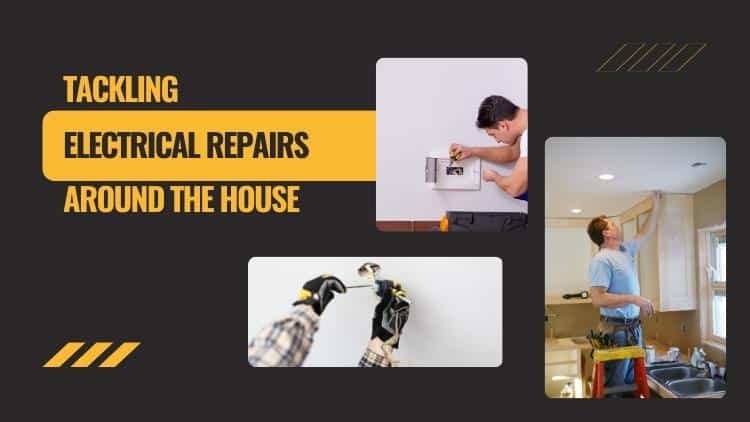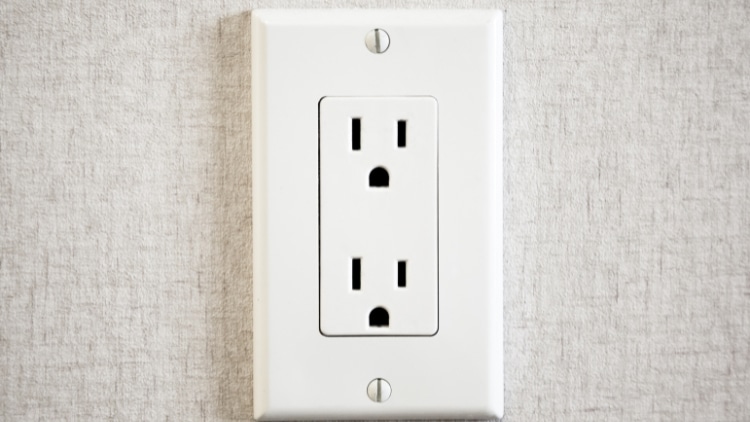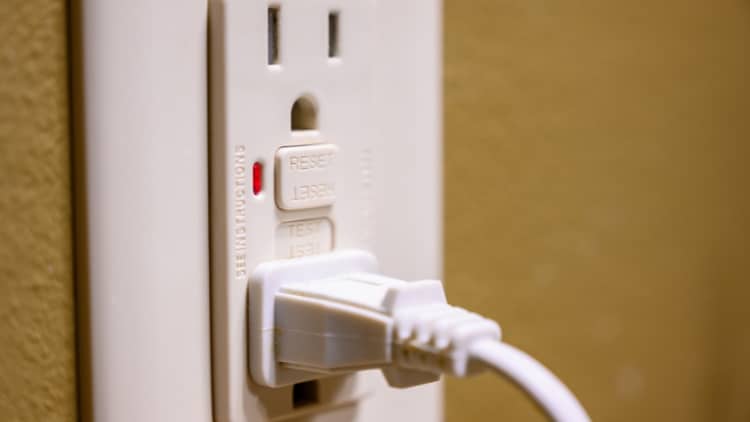We offer a wide range of services for that fresh look, or just maintenance or updates to keep your home functioning and safe. Regardless of the size of the job, we have a craftsman that can tackle it. We offer a wide range of services for that fresh look, or just maintenance or updates to keep your home functioning and safe. Regardless of the size of the job, we have a craftsman that can tackle it.

Electrical / December 15, 2023

If you’re a homeowner in Hamilton, you know how frustrating it can be to deal with electrical issues in your home. From flickering lights to faulty outlets, electrical problems can be both dangerous and inconvenient. But finding the best repair service near you can be a challenge, especially if you’re unfamiliar with the territory.
With years of experience tackling various electrical repairs around the house, a reputable handyman can provide you with unparalleled electrical repair services that are efficient and budget-friendly. Whether you need a simple wiring replacement or a total rewiring of your home, a professional handyman in Hamilton can take care of everything so that you can have peace of mind knowing that your home is safe and fully functional.
Talking about electrical issues, it’s noteworthy to say most problems stem from some recurrent issues. Here are some common ones many homeowners in Hamilton encounter.
Electrical surges can be caused by various factors, including damaged power lines, faulty appliances, or bad wiring in your home. While an actual surge only lasts a microsecond, frequent surges can damage the components of your home, reducing their lifespan significantly.
Another common issue is overloading. Using multiple appliances on a single circuit, particularly high-wattage ones like heaters and microwaves can lead to overloaded circuits. This not only leads to frequent circuit breaker trips but can also cause overheating, potentially leading to fires.
Dips in power, often termed ‘sags’, can be an indication of a device connected to your power grid that’s using too much electricity when first switched on. Like electrical surges, this can end up damaging other electrical devices connected to the same circuit.
Do your lightbulbs keep burning out way too often? Several factors could be contributing to this issue, such as the wattage being too high, poor wiring on the circuit or the mains, or even the insulation being too close to the light.
Electric shocks usually happen when you turn a device on or off. The issue could be with the appliance, or it could be with the wiring. Either way, electric are shocks dangerous and can lead to serious injuries, so it’s always best to consult with a professional handyman.
Being familiar with what goes wrong the most can not only help you identify when there’s a problem, but it can also come in handy when explaining the situation to your trusted handyman.
When it comes to electrical repairs, it’s important to understand some basics. This doesn’t mean you should start taking on complex repairs yourself, but just so you can follow what’s happening when a professional is doing the job. For your safety, always ensure that you turn off the power before you begin any kind of electrical work.
The electrical panel is the heart of your home’s electrical system. Usually found in utility rooms or garages, it’s where the incoming electricity is distributed to the different circuits in your house. Each circuit is protected by a breaker that will ‘trip’ to shut off power if an overload is detected. If a circuit keeps tripping, it could be a sign that it’s being overloaded.
You’re probably familiar with standard outlets, but your home might also have GFCI (Ground Fault Circuit Interrupter) and AFCI (Arc-Fault Circuit Interrupter) outlets. GFCI outlets are usually found in areas that may be susceptible to water, like bathrooms and kitchens, and they help protect from electrical shocks. AFCI outlets, on the other hand, prevent fires by breaking the circuit when they sense dangerous electrical arcs.

Time, heat, and moisture can cause electrical wires to deteriorate. Signs to watch out for include cracked, cut, or worn insulation, and any burning smell from a switch or outlet. Any of these signs may indicate that the wiring needs to be replaced.
Electrical codes are standards that ensure safe installations. They may vary by city or region, and professional handymen are knowledgeable and up-to-date with these codes. While as a homeowner, you may not need to know the details, it’s good to be aware that such standards exist and are in place for your safety.
Dealing with electrical repairs around the house can be approached from two different angles – tackling it yourself or hiring a professional electrician. The right choice depends on various factors including your level of expertise, safety concerns, time constraints, and budget. Let’s delve into the pros and cons of each approach.
Deciding between DIY and hiring a professional depends on the balance between the pros and cons that best suit your individual circumstances. However, when it comes to electrical repairs, unless you have professional training, hiring a qualified electrician is recommended. Safety should always be a top priority, and you shouldn’t compromise that.
While it’s advantageous to have some basic electrical knowledge to cater to minor issues, there are certain circumstances when it’s vital to call a professional electrician. Understanding this distinction is crucial.

Here are a few situations where you should definitely consider reaching out to a professional electrician for assistance:
In these situations, professional repair services are not only a safer choice but also a more effective one, ensuring the electrical integrity of your home in the long run.
Wisely navigating electrical repairs in your home is about recognizing common issues, understanding basic concepts, and acknowledging the limits of do-it-yourself fixes. Knowing when to search Google for the “best electrical repair near me” and bring in a professional is key.
Hiring a handyman for your household electrical repairs can provide safety and assurance. They guarantee work that stands the test of time, preserving your home’s electrical environment. Remember, it’s always better to invest in professional expertise when it comes to electricity than risk potentially costly or dangerous mistakes. Contact us at Handyman Connection in Hamilton today.